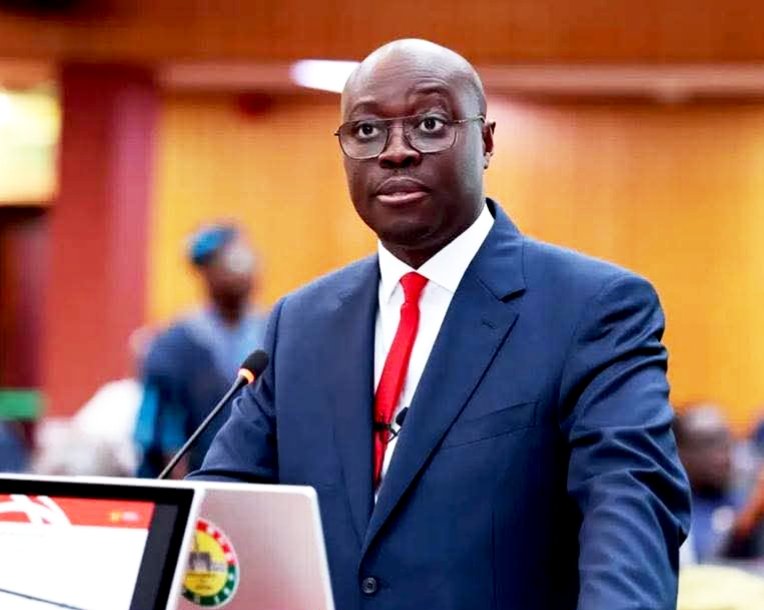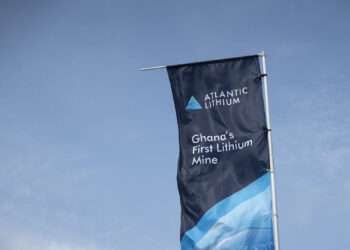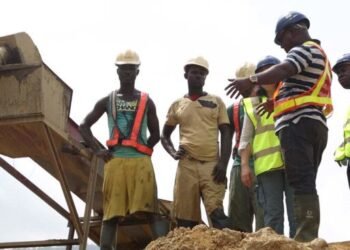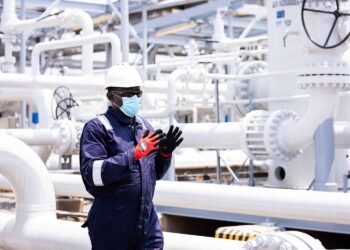The construction of a new 1,200-megawatt (MW) state-owned thermal power plant is expected to significantly enhance Ghana’s energy security and support rapid industrial expansion, according to the Technical Advisor to the Ministry of Energy, Dr. Yussif Sulemana.
The government has announced that the landmark project will commence in 2026 as part of a long-term strategy to stabilise electricity supply and maximise the utilisation of the country’s natural gas resources.
Dr. Sulemana emphasised that the new plant would provide a critical boost to Ghana’s power generation capacity, especially at a time when peak demand continues to rise.
“If you look at our peak demand, sometimes we can hover around 3,500MW. In recent times, we hit 4,000MW.
“If you have about 1,200MW added, that will be a huge boost.”
Dr. Yussif Sulemana, Technical Advisor to Ghana’s Ministry of Energy and Green Transition
According to him, this expansion is not just about closing the supply gap but ensuring long-term resilience, reliability, and affordability of power for both households and industries.

Beyond domestic stability, Dr. Sulemana highlighted the broader economic benefits that the new power plant will unlock.
He stated that the project would “create power stability, promote industrialisation, and we can be in a position to export power to our neighbouring countries.” Such export opportunities are critical revenue sources and strengthen Ghana’s position within the West African Power Pool (WAPP).
Improved power reliability is also expected to drive industrial growth by reducing operational disruptions and cutting back on the high costs associated with alternative power sources.
For manufacturers and energy-intensive industries, sustained power supply remains one of the biggest determinants of productivity and competitiveness.
Maximising Ghana’s Gas Resources

A key objective of the project is to ensure effective utilisation of Ghana’s growing gas reserves. The new plant will offtake additional gas from the Offshore Cape Three Points (OCTP) partners and the soon-to-be-expanded Gas Processing Plant 2 (GPP2).
Dr. Sulemana noted that Ghana has made significant progress in domestic gas production, which positions the country strategically for cost-effective thermal power generation.
“We have been able to increase gas production to about 50 million standard cubic feet per day.
“We just created the enabling environment that is investor-friendly.”
Dr. Yussif Sulemana, Technical Advisor to Ghana’s Ministry of Energy and Green Transition
The government’s approach, he added, aims to strengthen the gas-to-power value chain while reducing reliance on imported fuels.
This shift not only enhances energy security but also cuts operational costs for the power sector, ultimately supporting affordable electricity tariffs.
The announcement of the 1,200MW power plant, according to Dr. Sulemana, is expected to stimulate renewed investor confidence in Ghana’s gas sector.
With the government actively promoting gas as a key driver of national development, the project signals a broader commitment to unlocking midstream and downstream investment opportunities.
Industry observers believe that such large-scale energy infrastructure projects will attract both local and international partners seeking long-term involvement in Ghana’s growing energy market.
Funding Model and Government Participation

While details of the financing structure are still under consideration, Dr. Sulemana confirmed that the project will be delivered through a hybrid model involving both government and private-sector participation.
He indicated that the state intends to play a more prominent role compared to previous power projects.
This approach aligns with the government’s objective to expand state ownership in strategic energy assets while ensuring the efficiency and innovation often associated with private investment.
The planned 1,200MW power plant marks one of the most ambitious additions to Ghana’s energy infrastructure in recent years.
With demand rising and economic growth tied closely to reliable power supply, the project represents a timely intervention. As preparations advance toward the 2026 commencement date, stakeholders across the energy and industrial sectors are expected to follow developments closely.
For now, the government’s message is clear: Ghana is taking decisive steps to secure its energy future, harness its gas potential, and position itself as a regional power hub.
READ ALSO: GRA Increases VAT Threshold to GHȻ 750k to Support Small and Micro Enterprises























